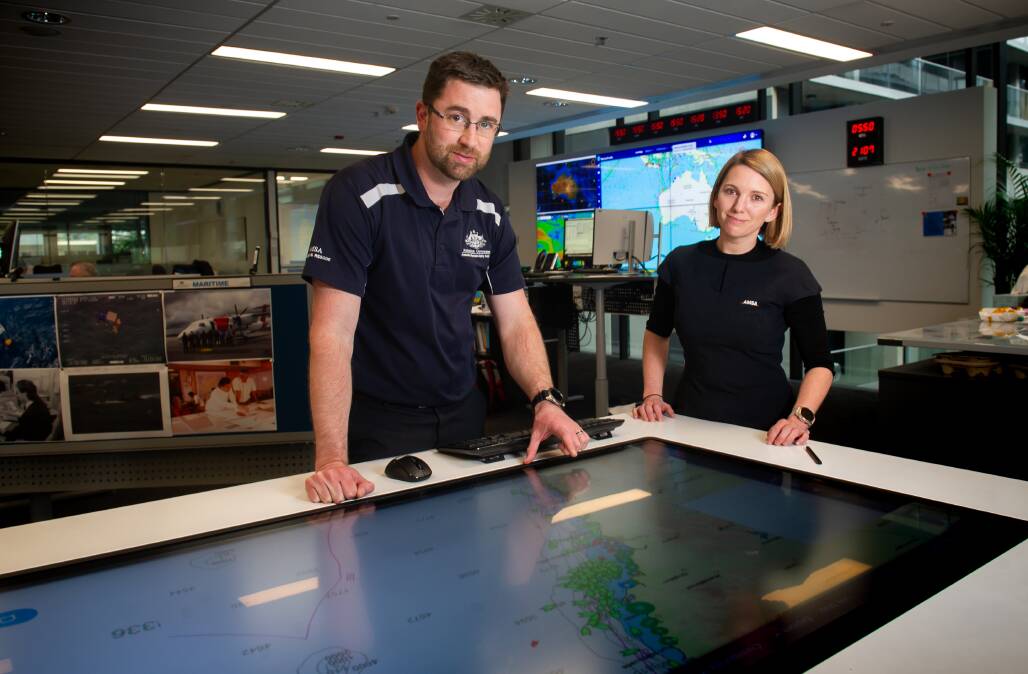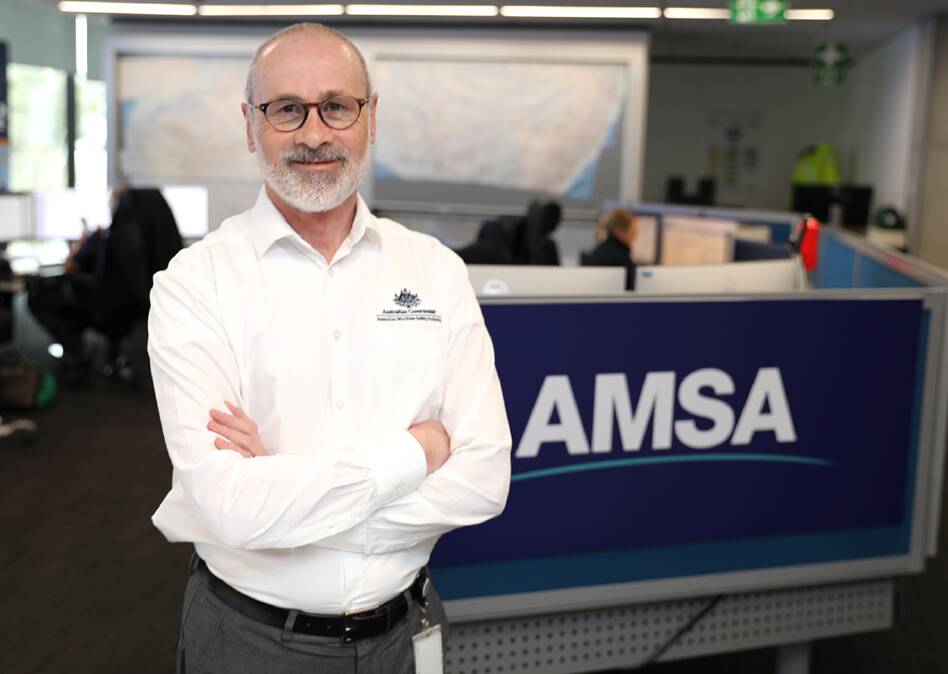When MH370 disappeared off the face of the planet, the joint rescue coordination centre was crucial in attempting to find the missing airplane.
The Joint Rescue Coordination Centre used their headquarters in Canberra in an attempt to find the flight as searches took place at first over the South China Sea and Andaman Sea before moving to the southern Indian Ocean.
As a part of the Australian Maritime Safety Authority's response centre, officers led and coordinated the search and rescue response for Malaysia Airlines Flight 370 in March 2014.
Response centre manager Kevin McEvoy described the period as a huge set of responsibilities for the dedicated team.
"We operated for around 40 days looking from the centre. We've got a joint rescue coordination centre which is located here in Canberra at our MC headquarters and that was just one of the activities that they undertook that year so massive massive effort for us," Mr McEvoy said.
Flight MH370 was one of the deadliest incidents involving a Boeing 777, as all 227 passengers and 12 crew aboard were presumed dead after the flight's disappearance.
"Our search and rescue region has around 10 per cent of the Earth's surface, so 53 million square kilometres, all the way from Indonesia and Papua New Guinea in the north to Antarctica in the south, halfway across the Indian Ocean to halfway across the Tasman, so it's a massive area for us," he said.

This large region is what brought the team in as a critical part of the search for MH370.
This mission was only one example of the endless number of rescues the coordination centre has conducted, and they are celebrating 25 years of integration of Australia's aviation and marine search and rescue functions under the Australian Maritime Safety Authority.
Response centre manager Kevin McEvoy described this as a landmark for the dedicated team. "There's been some pretty significant events for Australia since 25 years ago, two that come to mind are obviously MH370 and the ill-fated Hobart to Sydney yacht race, which was 1998," he said.
"But for us, we've been operating every day of that 25 years so the number of search and rescues that we've done would be into the thousands. On average we save 200 lives a year and that's 200 people and a whole bunch of families that get to see the loved one."
The Sydney to Hobart yacht race in 1998 was a crisis Mr McEvoy said was extremely difficult after 55 sailors were rescued, along with the loss of six lives and five yachts.
The AMSA responds to approximately 8000 incidents a year as Mr McEvoy hopes Australians think about their safety.
"Whenever we come to work, the team has very much got that personal element forefront [asking] who can we save today," Mr McEvoy said.
"The big message I think for us is to make sure that people are properly equipped when they go out into the outback or onto the oceans."

The Canberra region can be a particularly difficult area for the team due to the number of mountains, national parks and visitors the territory has each year.
"We've had a number of crashes in the Kosciuszko National Park ... those are always difficult for us, not just in terms of when there's a loss of life but the environment out there can be particularly challenging just for our operations," Mr McEvoy said.
"Low clouds, poor weather, hampered visibility ... it's actually very difficult to get aircrafts out three and properly configured for search patterns when there's such poor weather."
A major priority for Mr McEvoy is to ensure the health and safety of his team due to the high risk and pressure they are under when saving lives.
"It's one of those things that we train people for and then we have really robust support mechanisms around them," Mr McEvoy said.
"So we have counselling and psychologists available, we have wellbeing experts."
We've made it a whole lot easier for you to have your say. Our new comment platform requires only one log-in to access articles and to join the discussion on The Canberra Times website. Find out how to register so you can enjoy civil, friendly and engaging discussions. See our moderation policy here.







